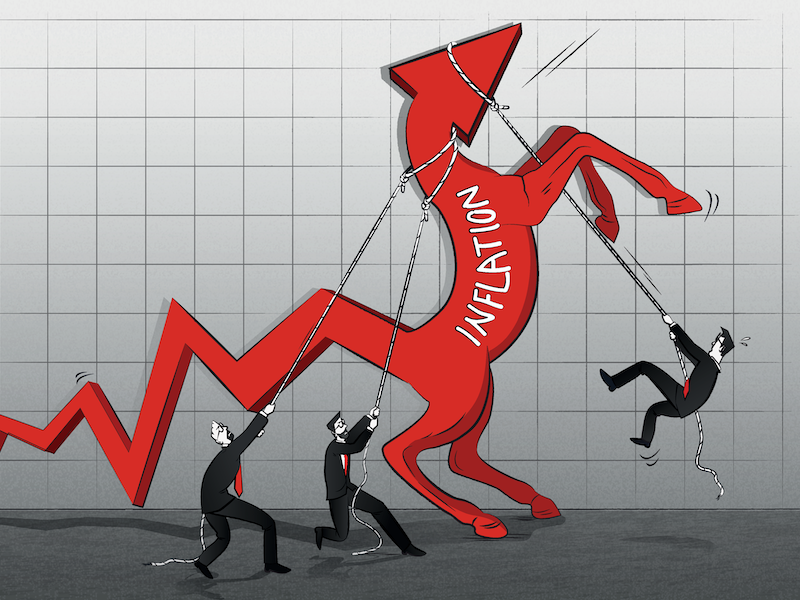
Despite price pressure building once again in energy products, headline inflation remained stable in March, according to new data from the Organization for Economic Cooperation and Development (OECD).
The annual consumer inflation rate ticked up to 5.8% in March from 5.7% in February, even as energy inflation turned positive for the first time in a year, the Paris-based group reported.
The annual energy inflation rate in March came in at 0.6%, marking the first positive reading since April 2023, the OECD said.
While energy sector inflation increased in 28 countries, the annual rate remained negative in 12 countries “as prices declined more slowly,” it said.
At the same time, food inflation fell to 4.9% in March, down from 5.3% in February.
Core inflation, which excludes food and energy prices, was stable at 6.4% in March, the OECD noted.
For the G7 countries, annual headline inflation was 3.1% in March, up from 2.9% in February.
“Food inflation declined while energy inflation increased but remained negative,” the OECD noted, adding that core inflation for the G7 remained stable in March.
“Core inflation was the main contributor to headline inflation” across the G7, it said.